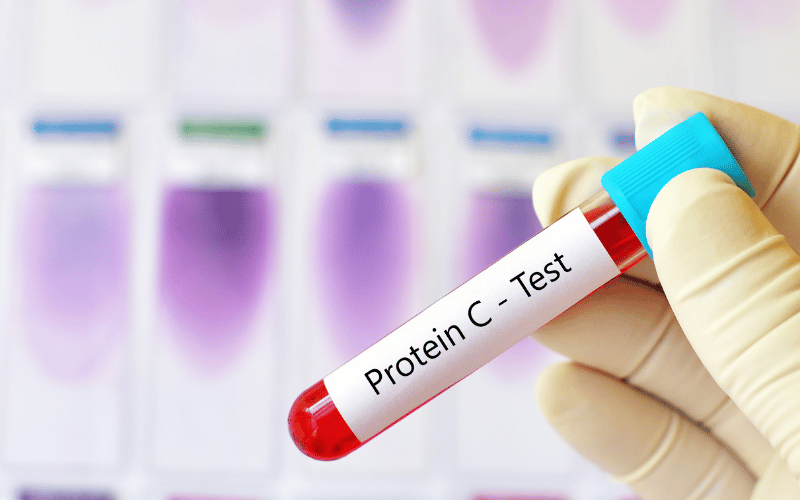Introduction: Navigating the Complexities of Protein C Deficiency
Protein C deficiency, an often-overlooked blood clotting disorder, presents a unique set of challenges and implications for those affected. Understanding this condition requires a deep dive into its nature, types, causes, symptoms, and treatment options.

This article aims to shed light on the ten most crucial aspects of protein C deficiency, offering valuable insights for patients, healthcare professionals, and anyone interested in this medical condition.
At its core, protein C deficiency is a rare but significant health condition that affects the blood’s clotting ability. Protein C, an essential protein produced in the liver, plays a vital role in preventing excessive blood clotting. It works as an anticoagulant, balancing the complex clotting process. When protein C levels are insufficient, either due to genetic factors or other health issues, the risk of developing abnormal blood clots increases. These clots can form in veins and arteries, leading to potentially severe and life-threatening conditions.
Although considered rare, protein C deficiency affects a significant number of individuals globally. Studies suggest that mild forms of inherited protein C deficiency may occur in as many as 1 in 200 to 500 individuals. However, severe deficiency is less common, occurring in approximately 1 in 4 million newborns. The condition is caused by mutations in the PROC gene, responsible for the production of protein C. Genetic testing can identify these mutations, helping in diagnosis and family planning decisions for those with a family history of the disorder.
This introduction sets the stage for a detailed exploration of the critical aspects of protein C deficiency, aiming to provide a clear understanding of this complex condition. The following sections will delve into the symptoms, diagnosis, treatment, and management strategies, offering a comprehensive overview for those seeking to understand or manage protein C deficiency.
1. Genetic Roots of Protein C Deficiency: Unraveling the PROC Gene

Protein C deficiency’s genetic basis primarily lies in the PROC gene. This gene is responsible for the synthesis of protein C. Mutations in PROC can lead to either Type I or Type II deficiency. These mutations disrupt the normal production or function of protein C.
The inheritance pattern of this deficiency is autosomal dominant. This means only one copy of the mutated gene is sufficient to cause the disorder. However, symptom severity can vary widely among individuals. This variance is even observed within the same family.
Genetic testing plays a crucial role in diagnosing inherited protein C deficiency. It can identify specific mutations in the PROC gene. Such testing is particularly important for families with a history of blood clotting disorders. It aids in understanding the risk for future generations.
Awareness of one’s genetic status can inform crucial health decisions. It guides preventive measures and treatment strategies. Individuals with a family history of this condition should consider genetic counseling. This step is essential for comprehensive health management. (1)